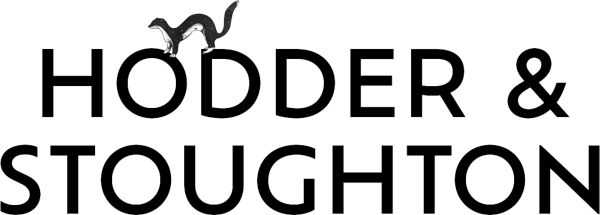‘Searing’
Observer
‘Blistering’
i
‘A pitch-dark, pitch-perfect literary horror’
Luke Kennard
There is something creeping at the edge of your vision, lingering somewhere just out of focus. All it would take is to let your mind wander, to let it come into view.
A young woman wakes after a house party with scratches and bruises – and a gap in her memory.
As the violent truth comes back to her – a series of events she struggles to name – her anger grows.
Solace comes in the form of enigmatic, captivating Helene, who knows what the man at the party did, has suffered at his hands too. An act of violence demands one in return and Helene is planning revenge.
But who can afford to ask for justice, when the cost is murderously high?
Newsletter Signup
By clicking ‘Sign Up,’ I acknowledge that I have read and agree to Hachette Book Group’s Privacy Policy and Terms of Use
Reviews
Stuckes deftly balances violence and wit, self-consciousness and panache. She can turn a sentence on a dime
A brilliant, chilling, furious novel. Real, relatable, and unputdownable
A brutal, blistering horror story about precarious lives. Part Eileen, part Carrie. I gulped it down
Dead Animals is a novel about peripheries: the thing flickering at the corner of your vision, which is also the corner you can't get yourself out of without the buoyancy aid of money, class and privilege . . . This novel makes livid the faultlines of power, in gripping, distinctive prose
Dead Animals sinks its teeth into you on the first page and doesn't let go for the duration. Stuckes writes equally vividly on the traumas of love and abuse, the indignities of restaurant work and the off-kilter beauty of feeling forever out of place, half understood. A pitch-dark, pitch-perfect literary horror, haunted by a righteous anger that spirals out into the world indefinitely
Dead Animals is creepy, claustrophobic and deeply unsettling. The prose is razor-sharp and the overall effect is intoxicating.
I devoured it. It's sparse, haunting and gripping
I felt every sentence inside my body as if I was living it. I thought the characters were so believably dark and seductive, and the narrator's grief and confusion around her assault so crushingly relatable
A blistering, unbearably tense read
Dead Animals is a novel about trauma and sexual violence. Yet, in the same way Michaela Coel's I May Destroy You exceeded the bounds of the term 'post-MeToo narrative', Stuckes' book is generically slippery and hard to pin down. Dead Animals is as much a novel about hospitality work, disaffection, privilege, the rental market, and supernatural hauntings as it is about sexual trauma. Or perhaps it is all of these things bound together that make it such a powerfully compelling work of queer horror
Searing . . . Stuckes crafts a barbed character study, addressing the unease of existing in the female body, the "lack of humanity" of the gig economy and the numbness that follows trauma

